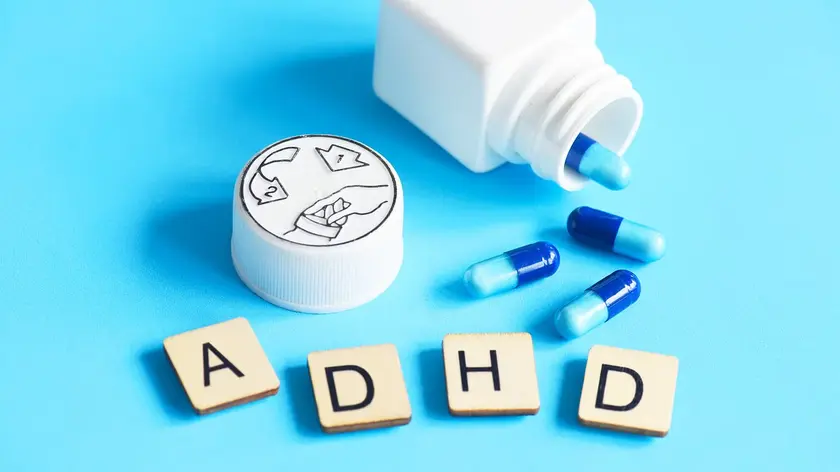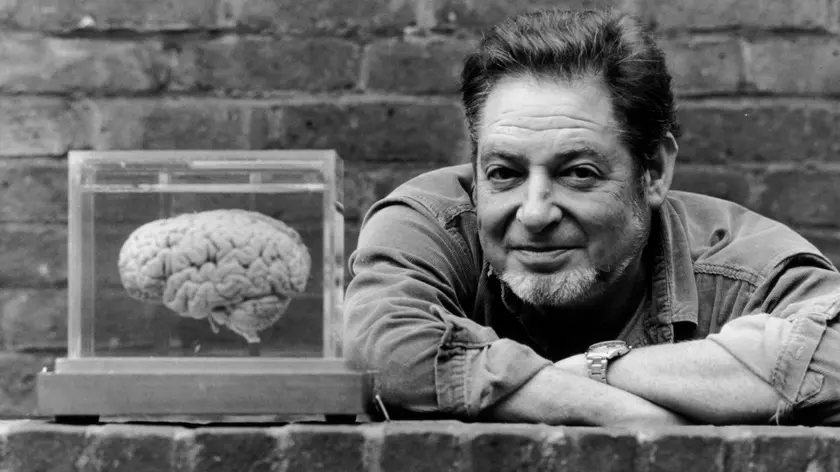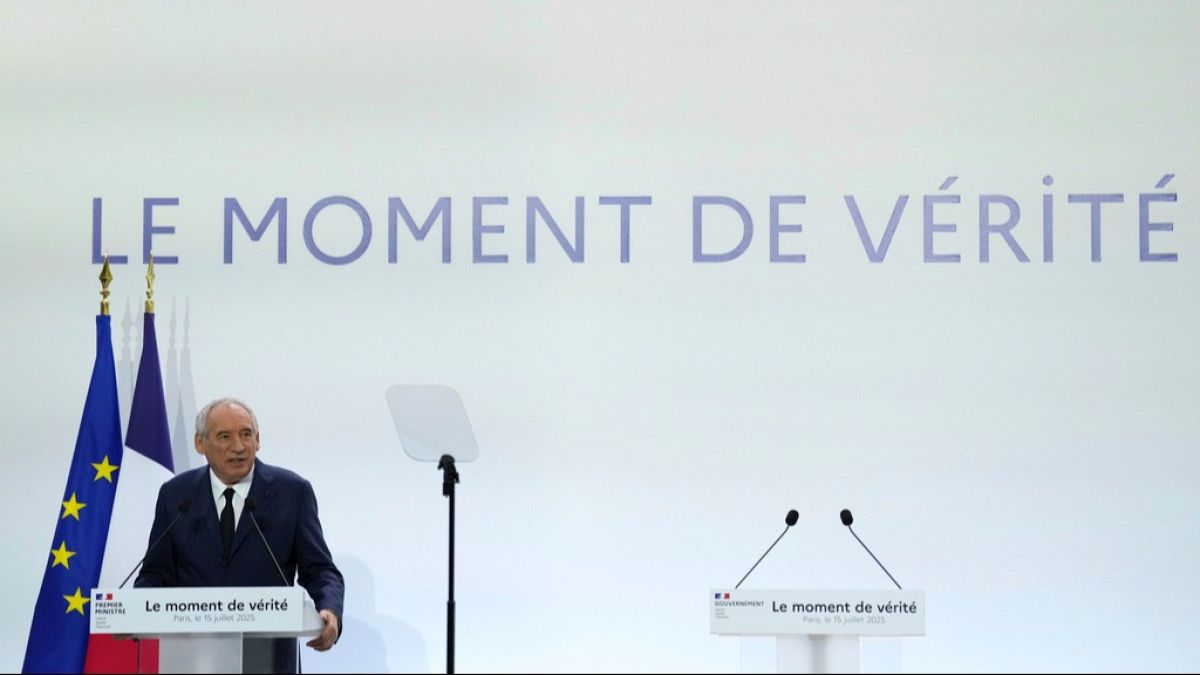T4K3.news
ADHD debate sparks strong opinion
A controversial op-ed questions ADHD as a medical diagnosis and links it to wider social and political issues, raising questions about science and policy.

A thoughtful editorial look at Peter Hitchens' op-ed arguing ADHD is a false diagnosis and the broader implications for public health and policy.
ADHD Debate Reveals Deep Wounds in Public Discourse
An opinion piece argues that ADHD is not a real medical condition and questions the routine use of medicines to treat it. The author cites historical reports and interviews, suggesting scientific doubt about ADHD’s roots and the lack of a definitive brain test. He recounts experiences from the NHS era and trips to the United States to bolster the claim that diagnosis hinges on subjective judgments rather than objective measures. The piece also links ADHD treatment to larger social trends, including tax benefits for some patients and a growing market for adult diagnoses.
The author extends the argument beyond medicine, weaving in nostalgia for a past political order and concern about social disorder. He argues that public institutions struggle to protect citizens and that this struggle feeds into a broader distrust of science and authority. The tone blends cautionary rhetoric with warnings about national decline, using ADHD as a symbol for what the author sees as a drift away from evidence-based policy toward sensationalism and politicization.
Key Takeaways
"That ADHD lobby is still my enemy, and yours. They are as hopelessly, dangerously and greedily wrong as they ever were."
Direct quote showing the author’s confrontational stance
"Diagnosis continues to be made on subjective grounds all over the Western world, all the time."
Direct quote about how ADHD is diagnosed
"Let’s be a drugged nation and see where that gets us."
Direct quote warning against pharmacological approach
"A pandemic of idiocy which will probably include almost everybody in the country in the end."
Direct quote on the perceived scale of the issue
The piece uses strong language to provoke readers and invites a broader conversation about trust in science, medicine, and institutions. Its power lies in narrative control—combining personal anecdotes, selective citations, and provocative framing to challenge a well-established medical consensus. That approach can spark crucial debate but also risks fueling misinformation if readers equate a polemical stance with scientific critique. This tension matters because health topics affect families, schools, and policy budgets. The analysis highlights how health arguments can be weaponized in cultural and political fights, often at the expense of patients who benefit from clear, evidence-based guidance.
Highlights
- That ADHD lobby is still my enemy and yours
- Diagnosis continues to be made on subjective grounds all over the Western world
- Let’s be a drugged nation and see where that gets us
- A pandemic of idiocy which will probably include almost everybody in the country in the end
Political and public health risk around ADHD claims
The op-ed challenges a widely accepted medical consensus and ties health debates to broader political and social anxieties. This framing could spread misinformation or undermine trust in health guidance, especially among parents and students. The piece also touches on budgetary and public reaction concerns that may provoke backlash.
Public discourse should rest on evidence and empathy for patients.
Enjoyed this? Let your friends know!
Related News

Midlands builder calls newbuild gardens diabolical

Raducanu Cincinnati clash sparks crowd management debate

Sanders makes headlines after preseason showing

Bonnie Blue sets record with 1,000 partners in one day

Steven Rose obituary analysis

Ed Balls and Feargal Sharkey debate water reforms

Man City unveil weather themed third kit

France proposes cutting public holidays
